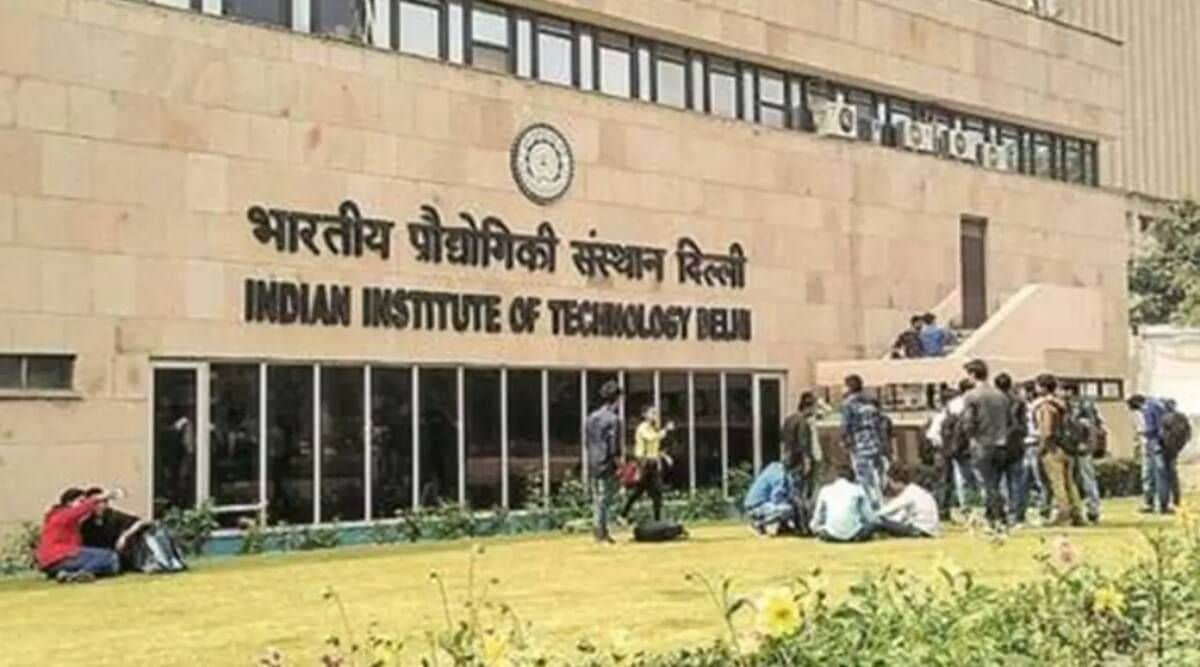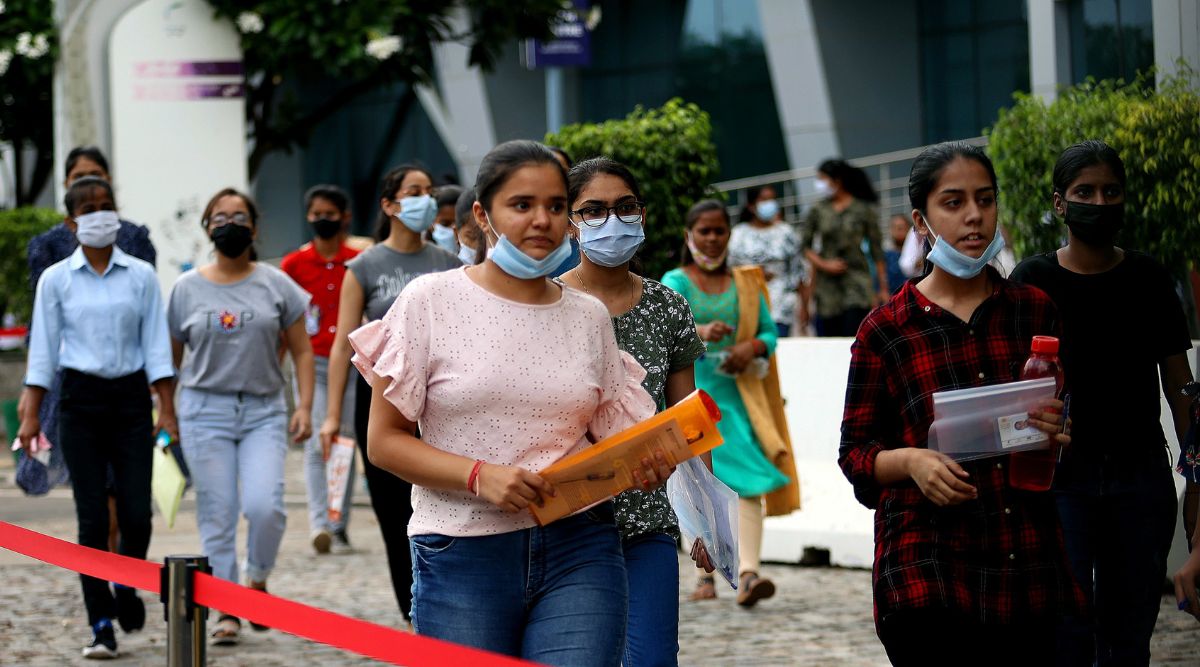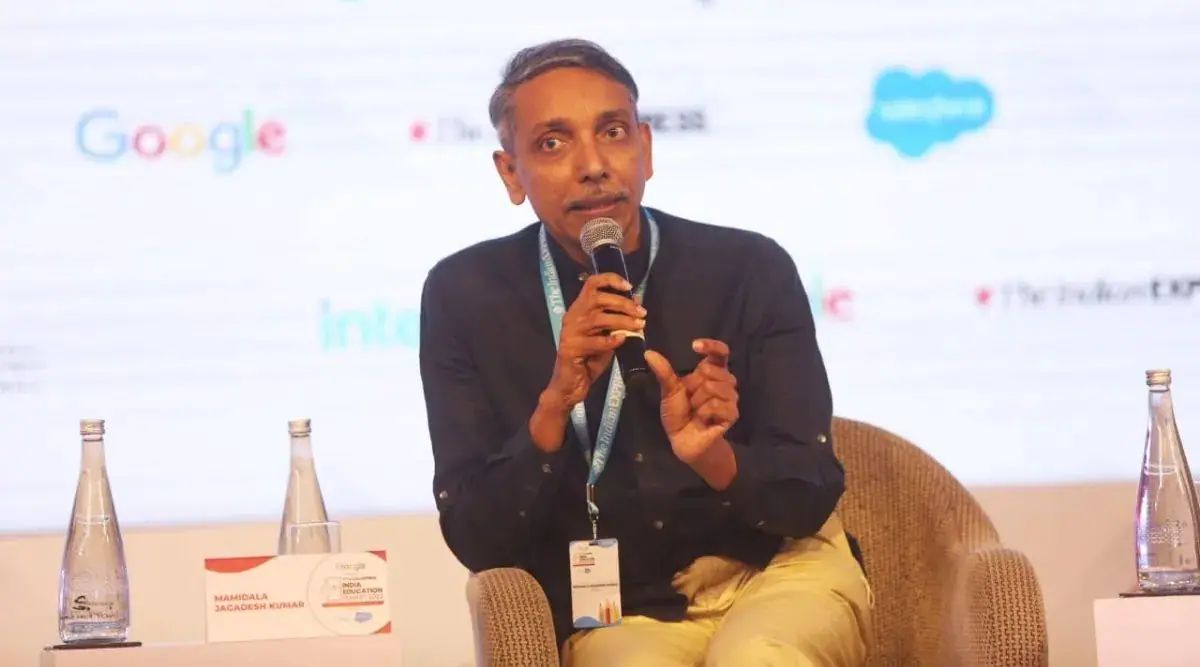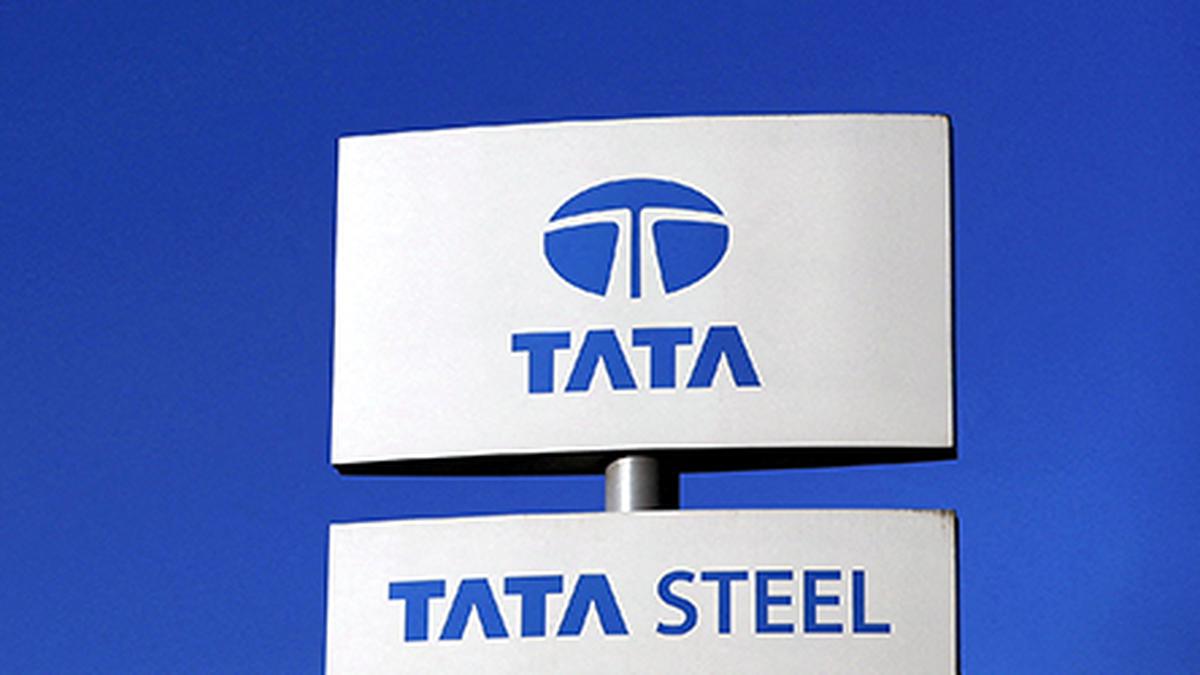Several new courses have been introduced by branches of the Indian Institute of Technology (IIT) across the country. From BSc in Programming and Data Science at IIT-Madras and M. Tech in Electric Transportation at IIT-Mandi to M. Tech in Electric Mobility and MS(R) in Transportation Safety and Injury Prevention at IIT-Delhi, students can choose from an array of courses.
Here’s a list of some of the programmes:
BSc in Programming and Data Science/BS in Data Science and Applications
This programme is offered with a focus on developing programming skills and data science expertise. It has multiple exits with a foundational certificate, one or both diplomas, the BSc or the BS degree. Students will come out as full-stack developers, skilled in Python and Java programming, DBMS, developing full-fledged applications and also well versed in Machine Learning Techniques, Artificial Intelligence, Deep Learning, Big Data, and tools such as Power BI and Tableau, etc.
The courses can be taken as per one’s convenience and time availability and the programme can be paced by the student. The fee is also paid as per the courses registered for. While the contents are offered online, the exams are all in person at designated centres in more than 130 cities within and outside India.
Eligibility criteria: Anyone who has cleared Class 12 or equivalent in any stream is eligible to apply. Mathematics and English should have been studied in Class 10. Learners can also be doing another degree in college and do this along with it or be a working professional and study from this.
Four weeks of the content of four courses are taught by IIT Madras and a qualifier exam based on this is conducted. Students who clear a cutoff of 50 marks overall are eligible to continue studying in this programme.
BS in Physics with Specialisation Programme
The Department of Physics is now offering an undergraduate programme in Physics to attract highly motivated students interested in basic science and cutting-edge technologies in the broad discipline of physics blended with engineering, and wish for a flexible programme to consider a variety of challenging career paths through capability-linked specialisations in Energy, Photonics, Quantum, and Advanced Plasma Technologies.
It will provide strong fundamentals in basic sciences and mathematics that are critical in developing analytical thinking and form the basis of the diverse tools used in fundamental and applied physics linked with engineering problems to innovate, design and develop future technologies.
To be eligible, candidates should have successfully cleared Class 12 in the Science stream, and will be selected on the basis of their JEE Advanced score.
M. Tech in Electric Transportation (E-Transportation)
IIT-Mandi introduced a two years master’s programme in Electric Transportation this year. This programme has been jointly launched by the School of Computing and Electrical Engineering (SCEE) and the School of Engineering (SE) at IIT Mandi and aims to focus on the demand for skilled personnel in the electric vehicle industry and job opportunities for the youth.
Eligibility: For this course, a valid GATE score is mandatory. Candidates should have a qualified Bachelor’s degree in Engineering /Technology with minimum first-class or 60 per cent aggregate marks (or equivalent CGPA) in all four years from a recognised university with the following specialisations:
− B. Tech/BE
− Electrical and Electronics Engineering (EEE)/Electrical Engineering(EE)
− Mechanical Engineering (ME), Automobile, Production, Aeronautical
− Instrumentation and Control
− Electronics and Communication Engineering (ECE)
− Associate membership of professional bodies equivalent to B.Tech/BE in
the above disciplines
M. Tech in Electric Mobility
This new programme is being hosted by the Centre for Automotive Research and Tribology (CART) at IIT-Delhi. It solely focuses on concepts related to electric vehicles, drivetrain, chargers and charging infrastructure, battery energy storage systems, Battery Management System, reusability of energy storage elements, reliability, automotive health monitoring, Automotive NVH (Noise, Vibration, and Harshness), vehicle dynamics, autonomous and connected vehicles, vehicular telematics, and materials for electric vehicles, along with hands-on practice and design in laboratories.
Eligibility criteria: Candidates should have a four years Bachelor’s degree in any of these: Electrical Engineering, Electrical and Electronics Engineering, Mechanical Engineering, Industrial Engineering, Production Engineering, Mechatronics, Automobile, Manufacturing Science/Engineering. They should be GATE qualified in either Electrical Engineering (EE) or Mechanical Engineering (ME) or Production and Industrial Engineering (PI) disciplines.
Bachelor of Design
The Department of Design will offer a full-time B.Des programme with the first batch scheduled to start in 2022-23. This programme will be of four years and admission will be done through the UCEED score. The programme offers courses from all the major domains of design like product design, interaction design, and communication design to name a few.
This year, 20 students have been selected for the B.Des programme. After completing this course, the graduate “becomes a responsible designer and is able to translate ideas into demonstrable solutions through the adoption of a human-centred design process,” an official note from IIT Delhi reads.
M.Tech. in Machine Intelligence & Data Science
The IIT-Delhi senate recently approved the MTech programme in Machine Intelligence & Data Science (MINDS) offered by the Yardi School of Artificial Intelligence (ScAI). This will be an industry-sponsored programme where students will be expected to work on industry-relevant AI problems. The test and interviews for M.Tech/MSR/Ph.D. admissions will be conducted online.
The curriculum will include graduate-level courses in core AI technologies such as deep learning and data science, application-oriented courses like computer vision and natural language processing, and also fundamental courses on Mathematics underlying modern AI technologies.
Eligibility: Four Year B.Tech. / B.E. Degree (first class) or any equivalent degree (e.g., B.S. from a foreign university, and M.Sc., MCA, or other Master’s degrees done as part of a 3+2 model) from any Engineering or Science discipline. A valid GATE score would be needed where such a requirement is not waived, such as for students from an IIT with a CGPA exceeding a threshold. A strong interest and background in computational mathematics and programming are preferred.
MS(R) in Transportation Safety and Injury Prevention
The new Master of Science (Research) programme in Transportation Safety and Injury Prevention has been launched this year at the new centre named ‘Transportation Research and Injury Prevention Centre (TRIP-C)’ by converting the ‘Transportation Research and Injury Prevention Programme (TRIPP), which is running at the Institute since 2002 as an interdisciplinary programme.
The focus will be to produce state-of-the-art knowledge to address Road Transport and Traffic Safety in India and regions with similar socio-economic conditions. Students will be trained in the field of transportation safety and prepare the students for the research careers.
“The Master’s programme will offer a unique blend for professionals from varied backgrounds…to be trained with the knowledge of developing safe and sustainable mobility leading to the enhancement of overall human life quality,” said K Ramachandra Rao, coordinator, TRIPP.
M.Tech. in Biomolecular and Bioprocess Engineering
For the M.Tech. in Biomolecular and Bioprocess Engineering programme, candidates should at least be B.E./B. Tech./ M.Sc. or equivalent degree holders of a particular discipline. The minimum duration of M. Tech./MS(R) programmes is 4 semesters (24 months) for full-time and 6 semesters (36 months) for part-time programmes.
!function(f,b,e,v,n,t,s)
{if(f.fbq)return;n=f.fbq=function(){n.callMethod?
n.callMethod.apply(n,arguments):n.queue.push(arguments)};
if(!f._fbq)f._fbq=n;n.push=n;n.loaded=!0;n.version=’2.0′;
n.queue=[];t=b.createElement(e);t.async=!0;
t.src=v;s=b.getElementsByTagName(e)[0];
s.parentNode.insertBefore(t,s)}(window, document,’script’,
‘https://connect.facebook.net/en_US/fbevents.js’);
fbq(‘init’, ‘444470064056909’);
fbq(‘track’, ‘PageView’);







